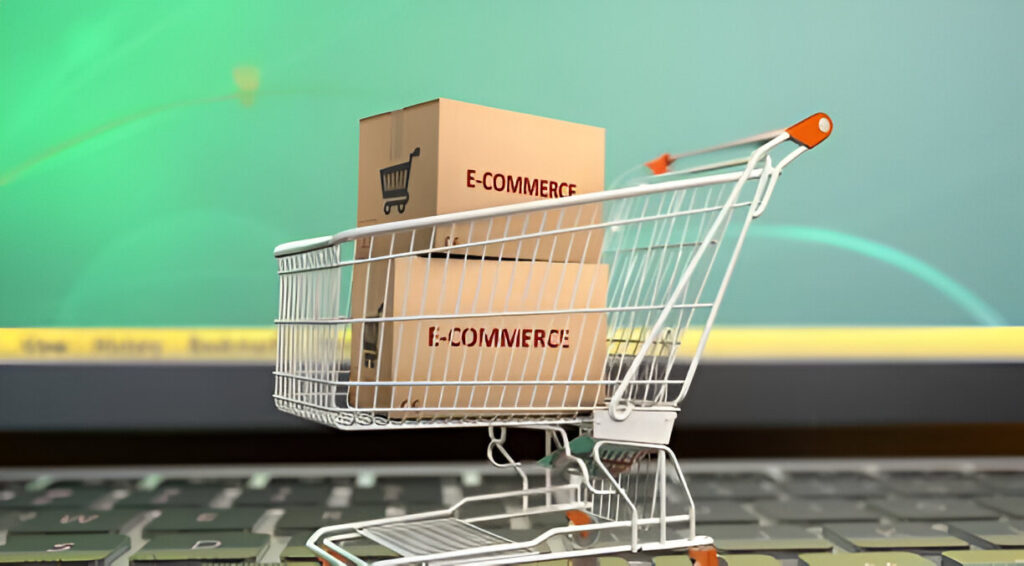The world of e-commerce has evolved rapidly, making it crucial for businesses to embrace online platforms. E-commerce development is the process of creating a virtual marketplace where customers can browse, purchase, and receive goods or services. From designing user-friendly websites to incorporating secure payment systems, the development of an e-commerce platform requires careful planning and execution. To get a combined package of all these services at the best rate, you need help from an experienced marketing agency. if you’re planning to book a Digital agency dubai based companies are worth looking out for. They offer the best rates and have the best service records.
Understanding E-commerce Development
E-commerce development involves building a website or application that enables online transactions. This process encompasses several stages, including the selection of the right platform, setting up the product catalog, integrating payment gateways, and ensuring a smooth user experience. Let’s explore the key components:
Key Components of E-commerce Development
- Platform Selection: Choosing the right e-commerce platform (like Shopify, WooCommerce, or Magento) is essential. Each platform offers unique features, so selecting one based on your business size, budget, and specific requirements is vital.
- Responsive Design: In today’s mobile-first world, your e-commerce website must be responsive. A well-designed site will offer a seamless user experience across all devices, from smartphones to tablets and desktops.
- Product Management: Efficient product management is key to any successful e-commerce site. This includes the ability to easily add, update, and manage product listings, as well as incorporating features like product filters, reviews, and recommendations.
- Secure Payment Gateways: Payment security is a priority in e-commerce. The integration of secure payment gateways like PayPal, Stripe, or other credit card processors is crucial to ensure customer trust.
- User-friendly Navigation: Simplifying site navigation is fundamental. Easy-to-find categories, filters, and a clear checkout process improve the overall user experience, encouraging higher conversion rates.
- SEO and Marketing Tools: SEO optimization plays a pivotal role in making your online store visible in search engines. E-commerce platforms should be equipped with SEO tools and integration options for email marketing, social media, and other digital marketing strategies. Additionally, offering features like print custom cards for businesses can enhance branding and customer engagement, adding a personal touch to transactions.
Why Invest in E-commerce Development?
Investing in e-commerce development offers several benefits for businesses:
- Global Reach: With an online store, businesses can cater to customers globally without geographical limitations.
- Cost Efficiency: E-commerce platforms reduce the overhead costs of running a physical store, saving on rent, utilities, and staff.
- 24/7 Availability: Unlike traditional stores, online stores operate 24/7, providing customers with the convenience to shop at any time.
- Data-Driven Insights: E-commerce platforms provide valuable data on customer behavior, sales trends, and inventory management, helping businesses optimize their offerings. By leveraging Hublead to enhance sales productivity on HubSpot, businesses can streamline customer interactions and better manage their sales pipeline for improved performance.
Challenges in E-commerce Development
While there are significant benefits, there are challenges too:
- Cybersecurity: Protecting customer data from cyberattacks is a major concern. Implementing strong encryption methods, secure sockets layer (SSL) certificates, and regular site audits can help mitigate risks.
- Scalability: As the business grows, so must the e-commerce platform. Ensuring that your website is scalable and can handle increased traffic is vital to avoid downtime and maintain performance.
- Customer Retention: Retaining customers in a competitive online space is challenging. Offering loyalty programs, personalized recommendations, and excellent customer support can make a significant difference.
The Future of E-commerce Development
The future of e-commerce lies in enhanced personalization, faster delivery options, and the integration of emerging technologies like artificial intelligence (AI), virtual reality (VR), and augmented reality (AR). Businesses that stay ahead by investing in these trends will have a competitive edge in the digital marketplace.
Conclusion
E-commerce development is the cornerstone of a successful online business. By understanding the key components, investing in secure and user-friendly platforms, and adapting to evolving trends, businesses can create robust e-commerce stores that not only attract customers but also retain them for the long term.



